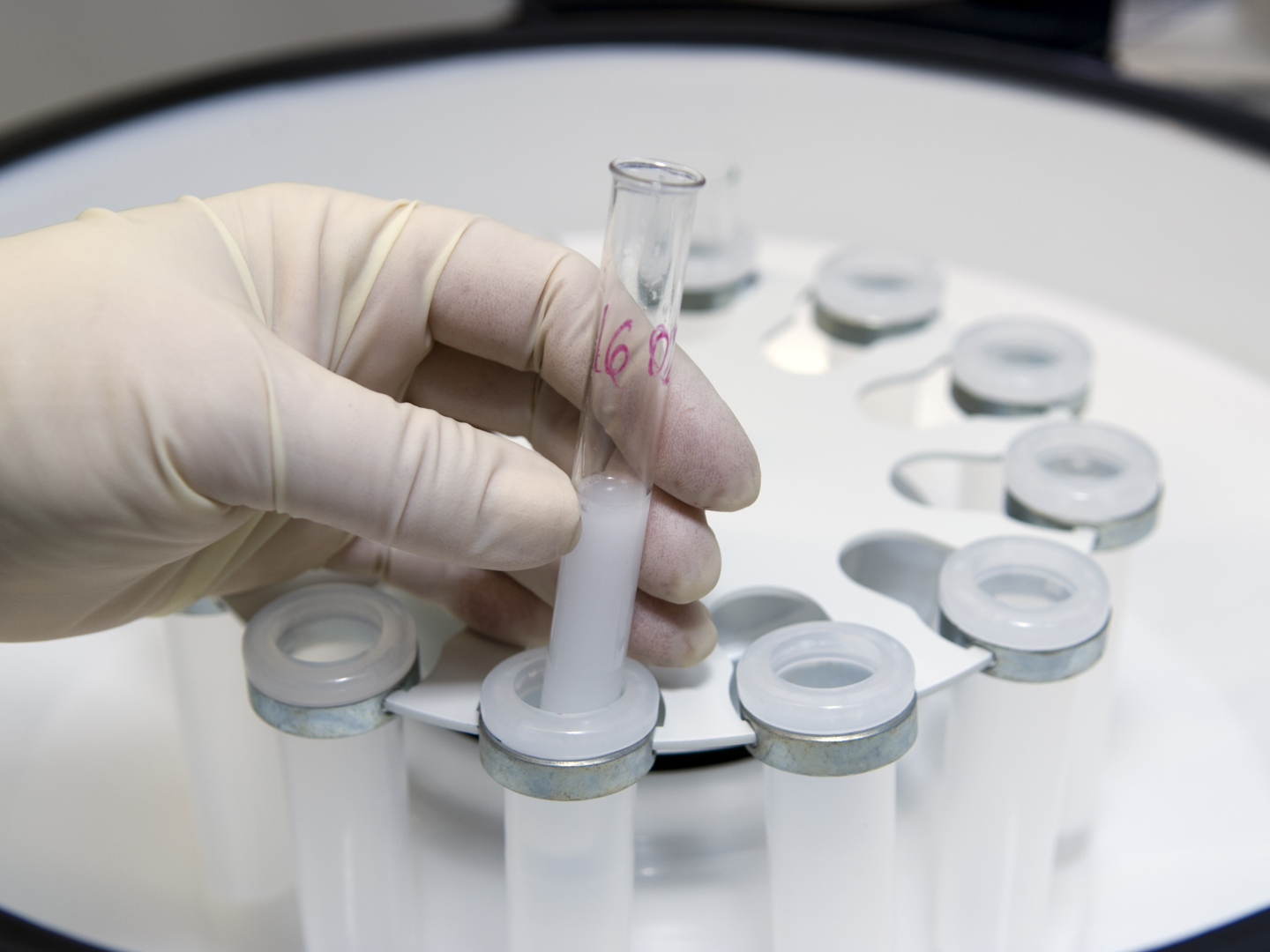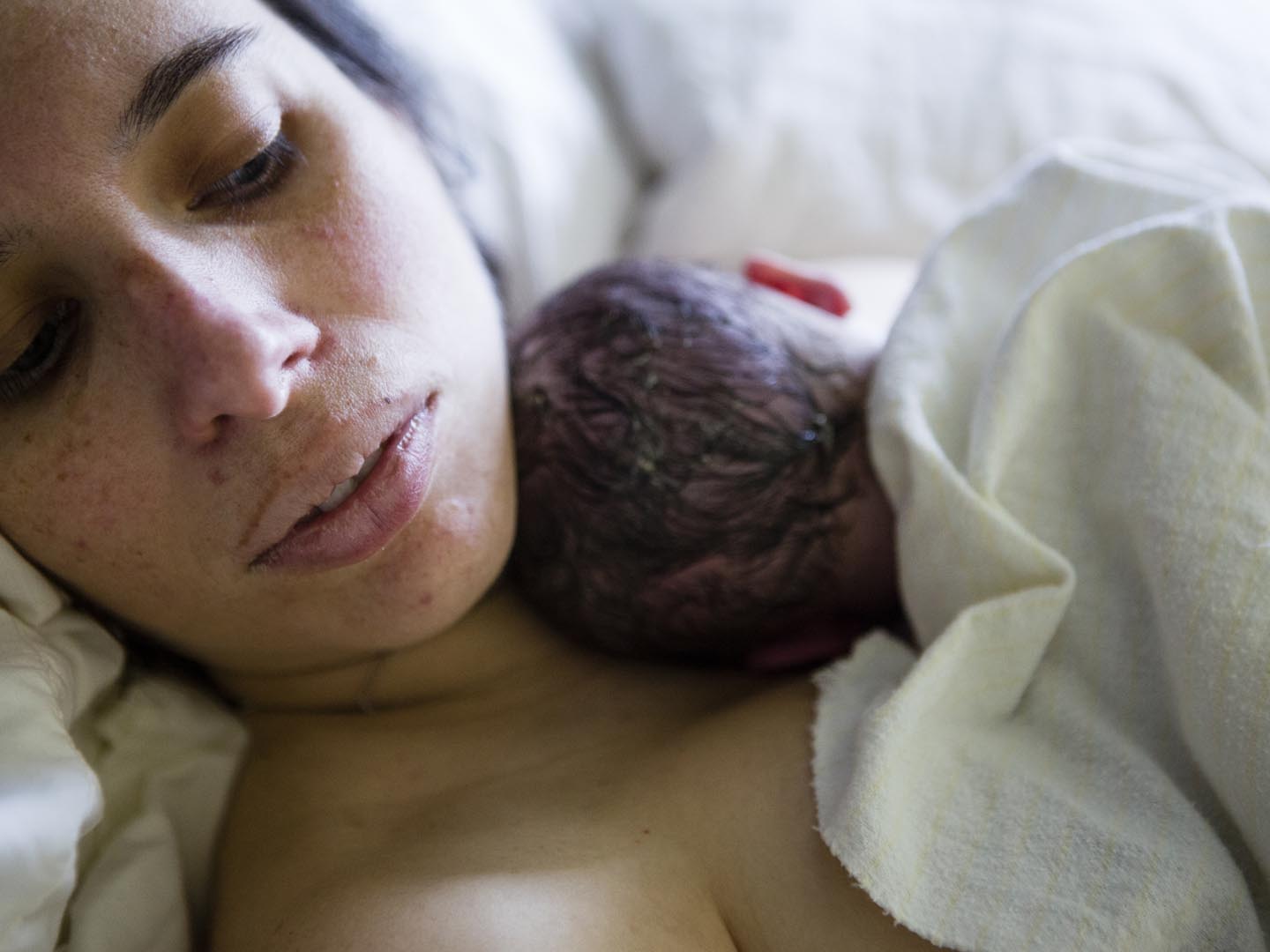HPV and Pregnancy?
I just found out I have HPV. I am six months pregnant. Will this affect my baby?
Andrew Weil, M.D. | January 16, 2009

The human papillomavirus (HPV) is the most common sexually transmitted infection. There are more than 40 strains of HPV that can infect the genital areas of both men and women. According to the U.S. Centers for Disease Control and Prevention (CDC) most people with HPV infections aren’t aware of them and never develop any symptoms or subsequent health problems. However, certain strains of HPV cause genital warts and others can promote the development of cervical cancer and, less often, cancers of the vulva, vagina, anus, and penis.
In 90 percent of all cases, the body’s immune system clears an HPV infection naturally within two years, no matter what strain you have.
When pregnant women have HPV, the virus usually does not harm the fetus. Risk of transmission to the baby is very low, and HPV doesn’t affect your risk of miscarriage, premature delivery, or any complications of pregnancy. If you are found to have a strain of HPV associated with cervical cancer, however, your obstetrician should monitor you throughout your pregnancy to make sure no harmful cervical changes occur, but even if they do, treatment most likely will be postponed until after delivery because of the danger of premature labor posed by intervention. If you have genital warts, your physician will monitor them for any changes that could affect the birth process. If the warts do grow appreciably, they may have to be removed before delivery (by chemical treatment or use of a painless electric current).
Cesarean delivery usually isn’t considered necessary to protect the babies of women with genital warts. The only serious – but extremely rare – risk to the baby is respiratory papillomatosis, the development of warts in the throat. In this unlikely eventuality, the warts must be removed via laser surgery to make sure that they don’t obstruct the baby’s breathing passages.
Andrew Weil, M.D.









